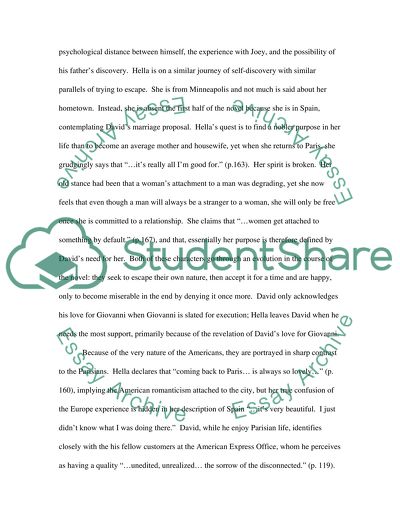Cite this document
(“An Analysis of the Importance of Setting In James Baldwins Giovannis Essay”, n.d.)
An Analysis of the Importance of Setting In James Baldwins Giovannis Essay. Retrieved from https://studentshare.org/miscellaneous/1534328-an-analysis-of-the-importance-of-setting-in-james-baldwins-giovannis-room
An Analysis of the Importance of Setting In James Baldwins Giovannis Essay. Retrieved from https://studentshare.org/miscellaneous/1534328-an-analysis-of-the-importance-of-setting-in-james-baldwins-giovannis-room
(An Analysis of the Importance of Setting In James Baldwins Giovannis Essay)
An Analysis of the Importance of Setting In James Baldwins Giovannis Essay. https://studentshare.org/miscellaneous/1534328-an-analysis-of-the-importance-of-setting-in-james-baldwins-giovannis-room.
An Analysis of the Importance of Setting In James Baldwins Giovannis Essay. https://studentshare.org/miscellaneous/1534328-an-analysis-of-the-importance-of-setting-in-james-baldwins-giovannis-room.
“An Analysis of the Importance of Setting In James Baldwins Giovannis Essay”, n.d. https://studentshare.org/miscellaneous/1534328-an-analysis-of-the-importance-of-setting-in-james-baldwins-giovannis-room.


